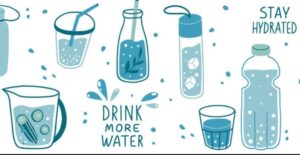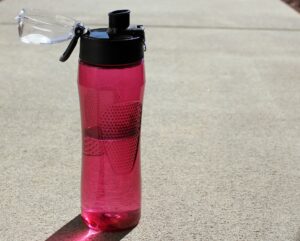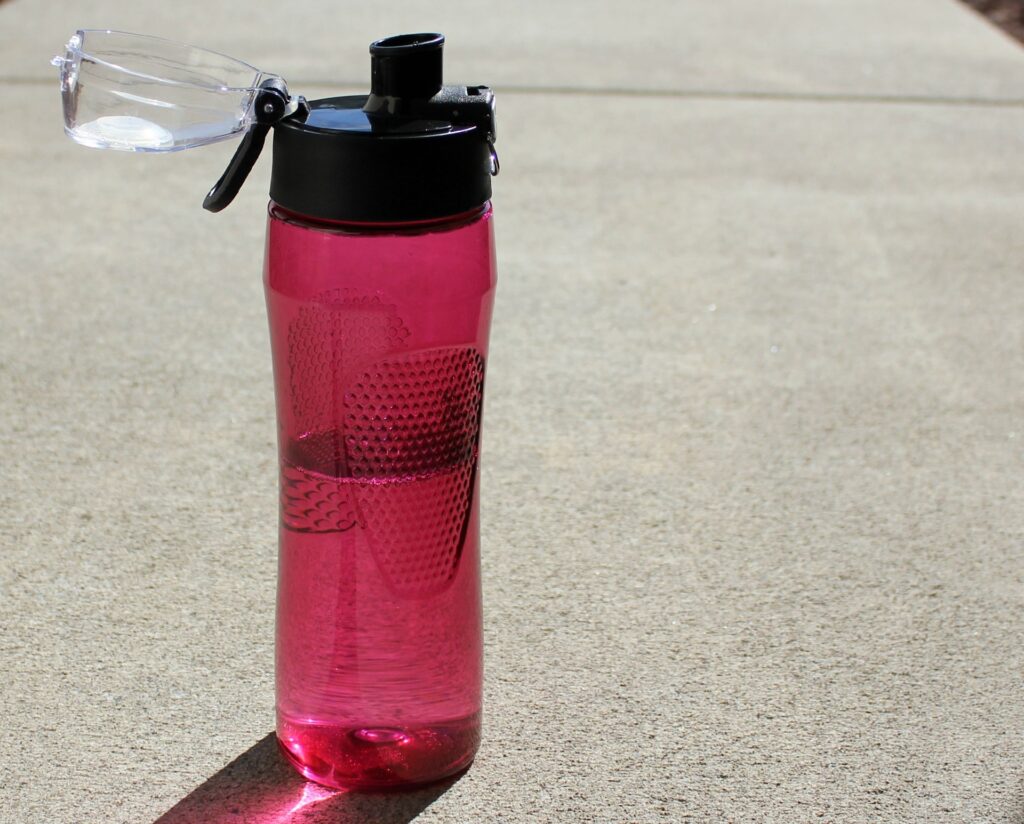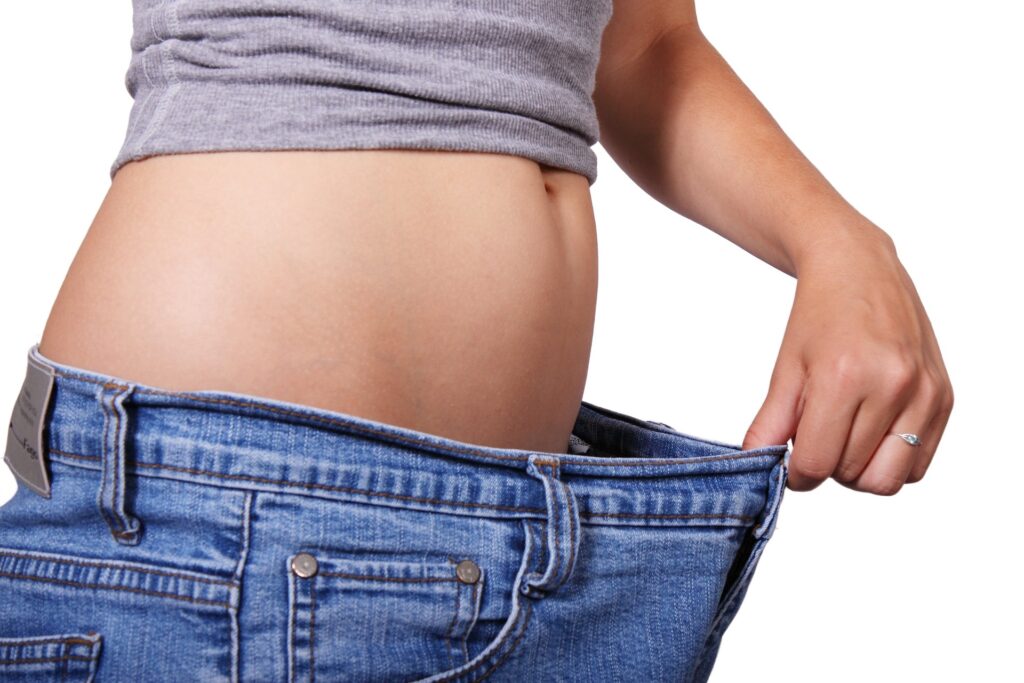
We’re each conscious that consuming water is necessary for good health, but have you ever considered just how important hydration is for your body? As it helps with digestion and body temperature regulation, staying hydrated is essential for achieving maximum health and good. Indeed nonetheless, numerous of us have trouble getting enough water each day despite its significance.
As a result, this blog will cover the advantages of being hydrated, the significance of water and why you should drink it, as well as helpful hydration advice. Whether you’re an athlete or an office worker, staying hydrated will help you feel and perform your stylish.

Why Hydration is Important?
To answer why hydration is important, here are some of the benefits of staying hydrated for the body mentioned:
Improved physical performance: Water plays a crucial function in maintaining and enhancing physical performance. During exercise, adequate hydration can help maintain muscle function, reduce fatigue, and enhance abidance.
Enhanced cognitive function: Dehydration can disfigure cognitive function, affecting attention difficulties, causing a decline in memory, and delayed response times. We can enhance our mental clarity and cognitive performance by remaining hydrated.
Regulation of body temperature: Sweating is the natural method by which the body regulates its temperature. Maintaining hydration allows the body to replenish lost fluids and prevents dehydration, particularly during exercise or in sticky weather.
Aid in digestion: Water assists the body in breaking down food and moving it through the digestive system. Consuming sufficient water can prevent constipation and other digestive issues.
Improved skin health: Adequate hydration can help maintain the skin’s suppleness and promote a healthy sheen. Dehydration can induce the skin to get dehydrated and wrinkly.
How Much Water Should Be Consumed?
The recommended day-to-day water input can vary depending on age, gender, and physical exertion. Drinking at least eight glasses—equivalent to two liters or a half gallon—of water each day is generally advised. This quantity may need to be modified based on factors such as climate and specific health conditions. Also, make sure you do not consume much water; otherwise, it can lead to overhydration.
Sources of Hydration
Water is the most efficient fluid for hydration and ought to be the main source. Nevertheless, fresh sources of hydration include:
- Multiple fruits and vegetables: They contain a high proportion of water, making them an excellent source of hydration. Watermelon, strawberries, melons, and spinach are some examples.
- Milk: Milk is an excellent source of hydration and fresh nutrients, including calcium and vitamin D.
- Sports beverages benefit athletes who must replenish electrolytes lost during intensive exercise. However, they should be ingested in moderation and are unnecessary for the typical individual. Here are some sports beverages you can get.
Tips on Maintaining Hydration
Keeping hydrated throughout the day can be difficult. However, some practical strategies can help individuals maintain adequate hydration levels. These consist of the following:
- Carry a water bottle: Having a water bottle on board can make drinking water throughout the day more convenient.
- Set reminders: Use a mobile app or calendar to set reminders to drink water regularly.
- Include foods with high water content: Including fruits and vegetables with high water content in meals can help increase overall hydration. You can even learn about a balanced diet, simply click here.
- Be mindful during physical activity: Replace lost fluids and prevent dehydration by drinking water before, during, and after exercise.
In order to replenish fluids lost through perspiration, drinking more water during humid weather is necessary.
Indicators of dehydration
Identifying the symptoms of dehydration is essential for preventing significant health conditions. Common indicators of dehydration include:
- Dry pharynx and mouth
- Dark discharge
- Fatigue
- Headache
- Dizziness
Depending on the extent of dehydration, these symptoms can vary. Certain populations, such as youthful babies and seniors, may be more susceptible to dehydration and should be nearly watched.
Hydration and Weight Management
Additionally, staying hydrated can aid in weight loss efforts. Consuming water before meals can aid in calorie restriction and weight loss. In addition, adequate hydration can help prevent overloading and reduce appetite. However, much water intake can cause overhydration. Here is a good product that can meet both your water and weight loss requirements- Tea Burn.
Conclusion
It is simple to forget to consume enough water in a world where people are continuously moving. Nevertheless, this blog argues that hydration is essential to a healthy life. Staying hydrated has many benefits for our bodies and minds, from enhancing physical performance to abet weight loss.
By enforcing ways similar to transporting a water bottle and keeping track of your water consumption, you can make hydration a habit that promotes your overall health. Hence, when you feel sleepy or exhausted, consume a glass of water and observe how it makes you feel. You can remain adequately hydrated and feel your best daily with minimal effort.






